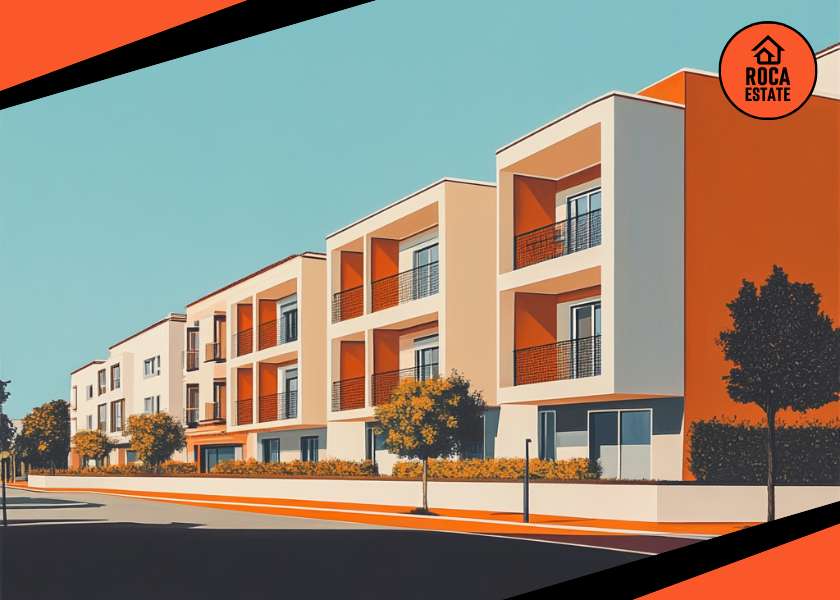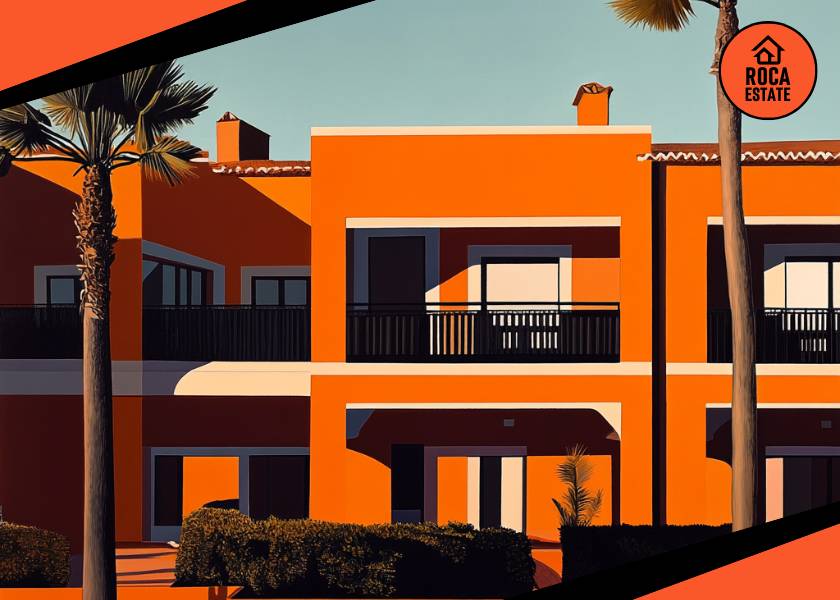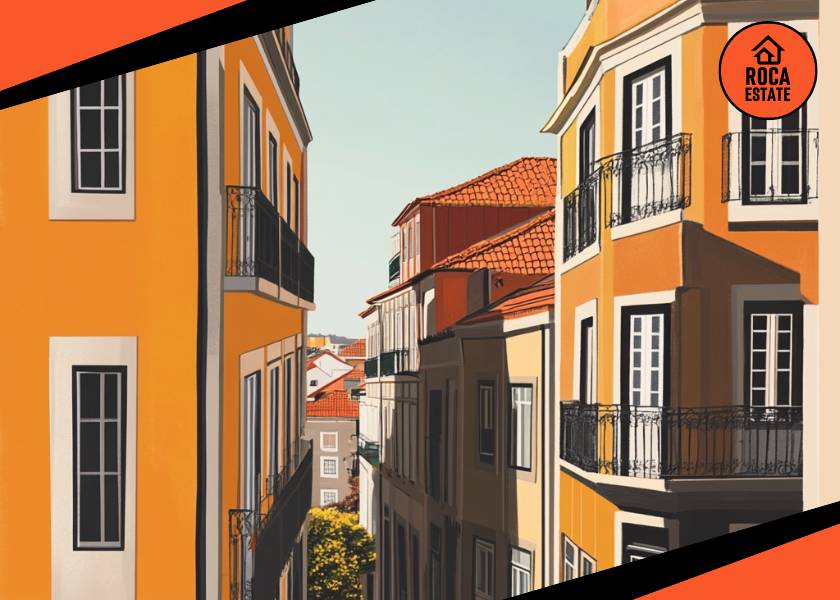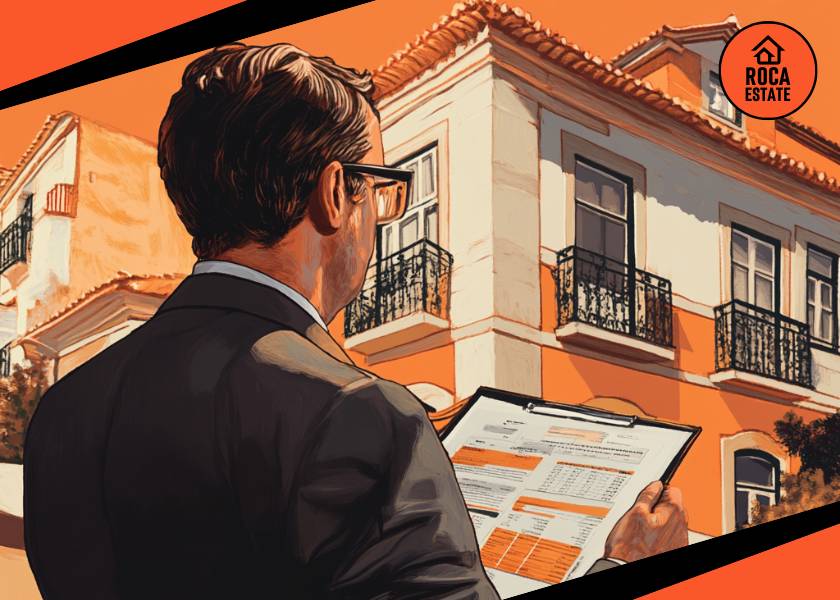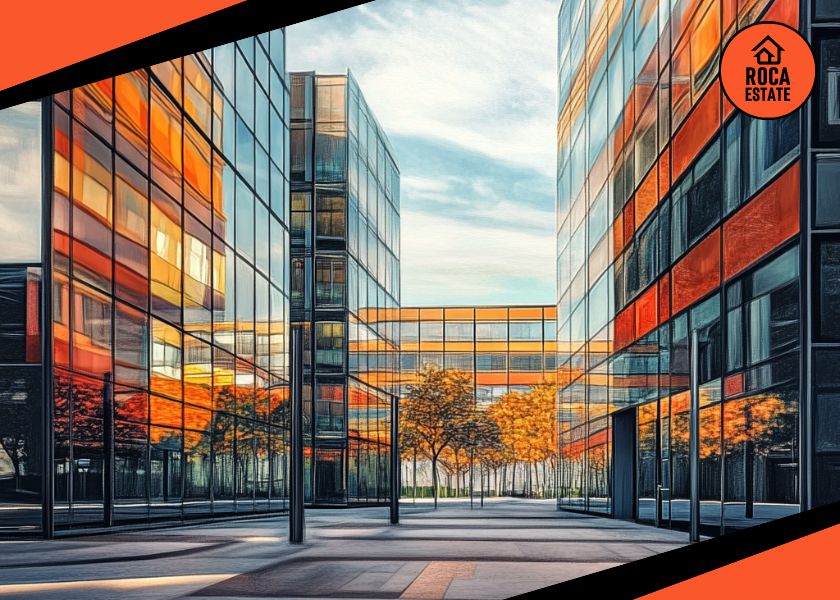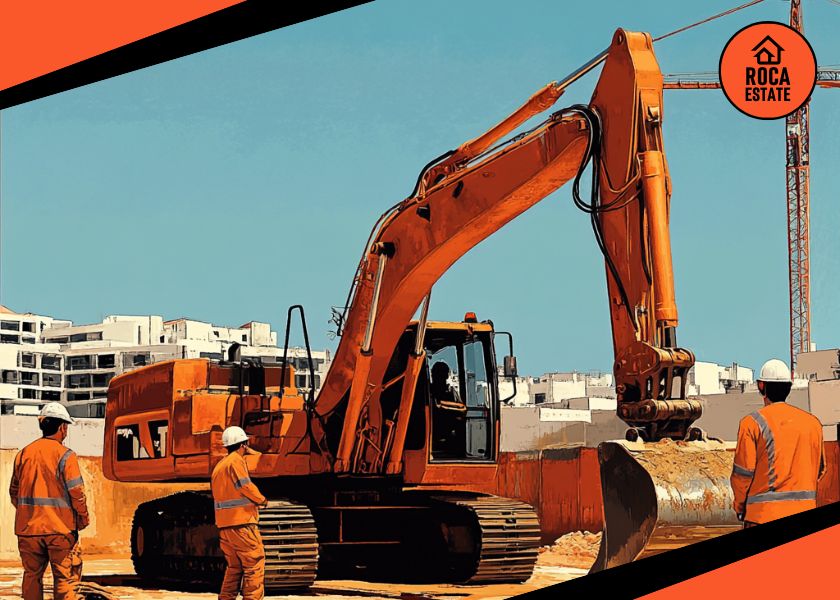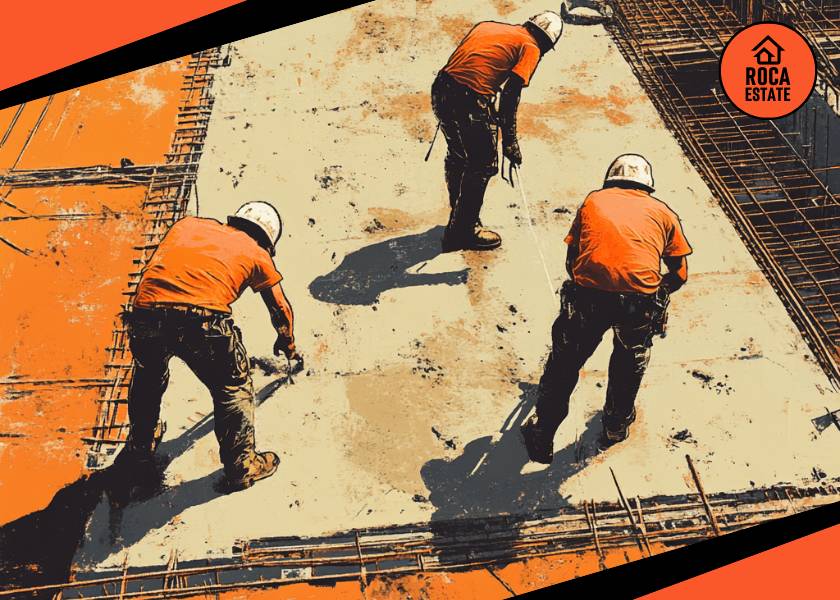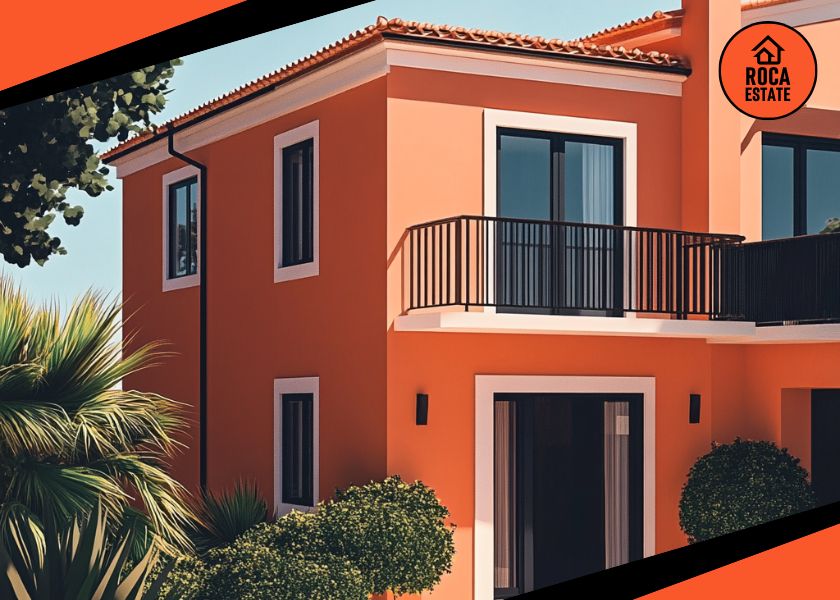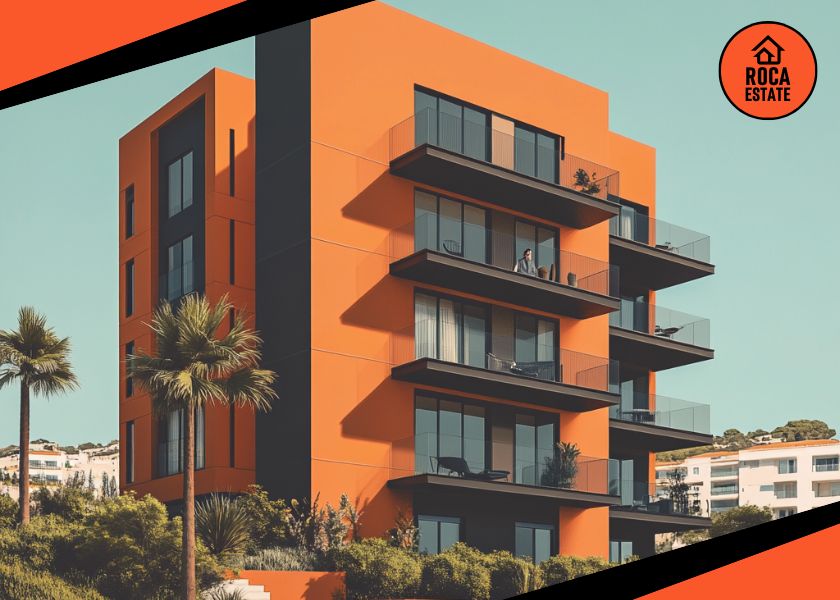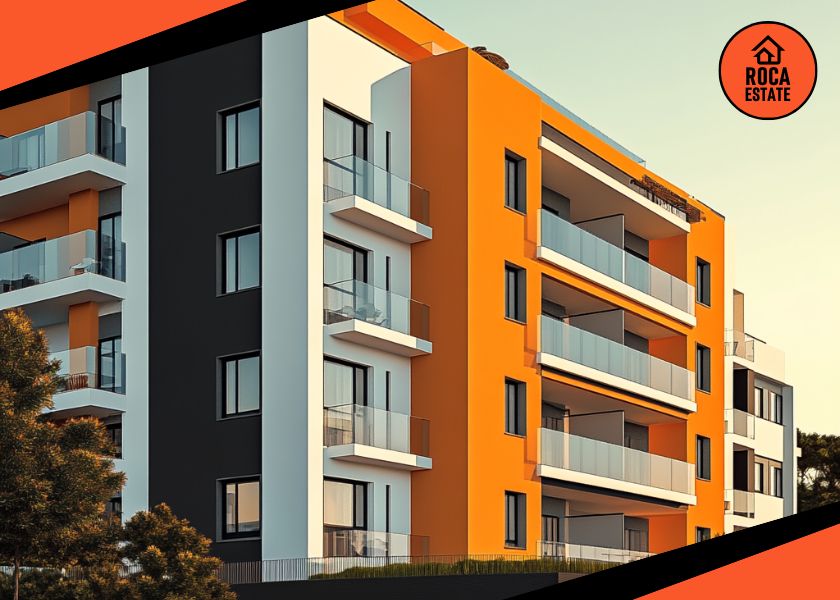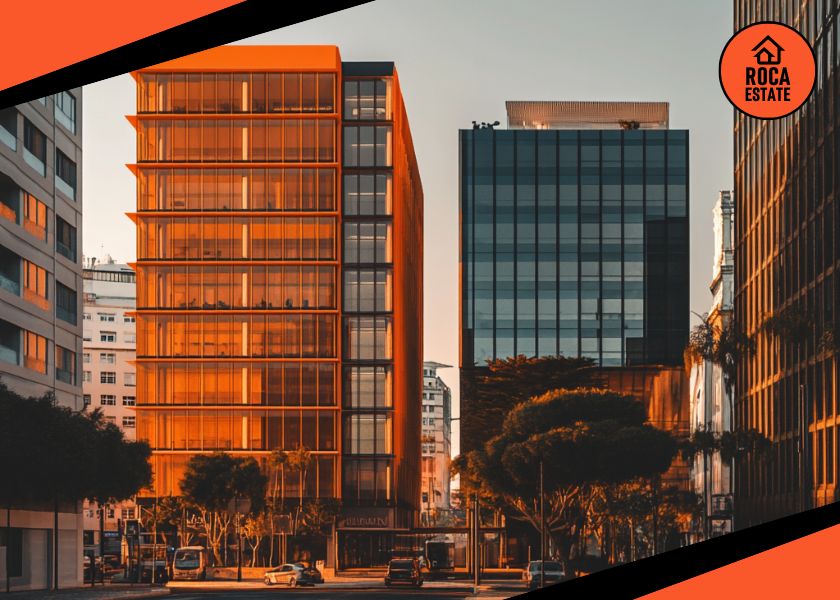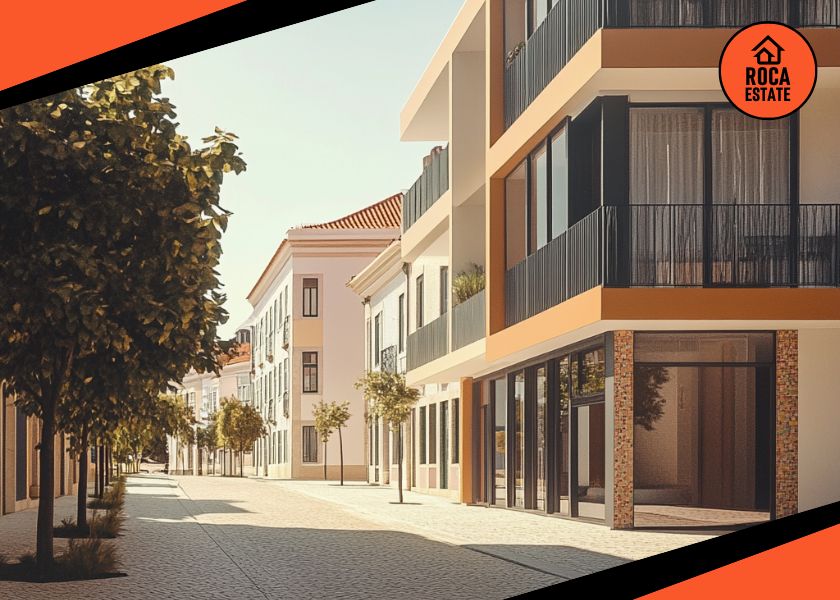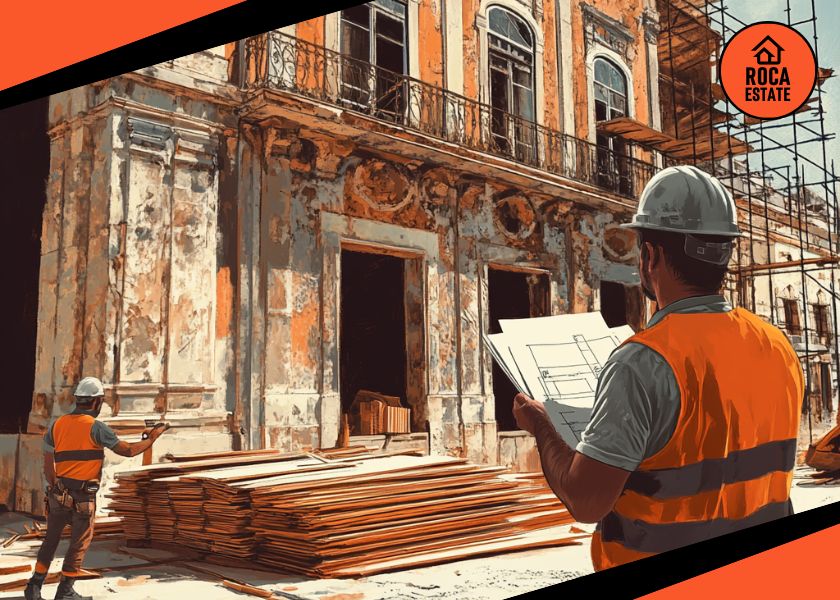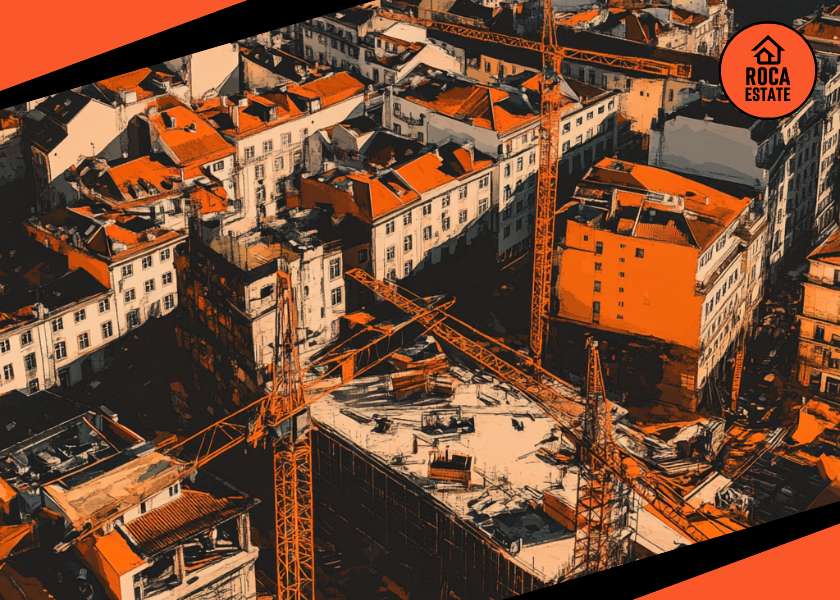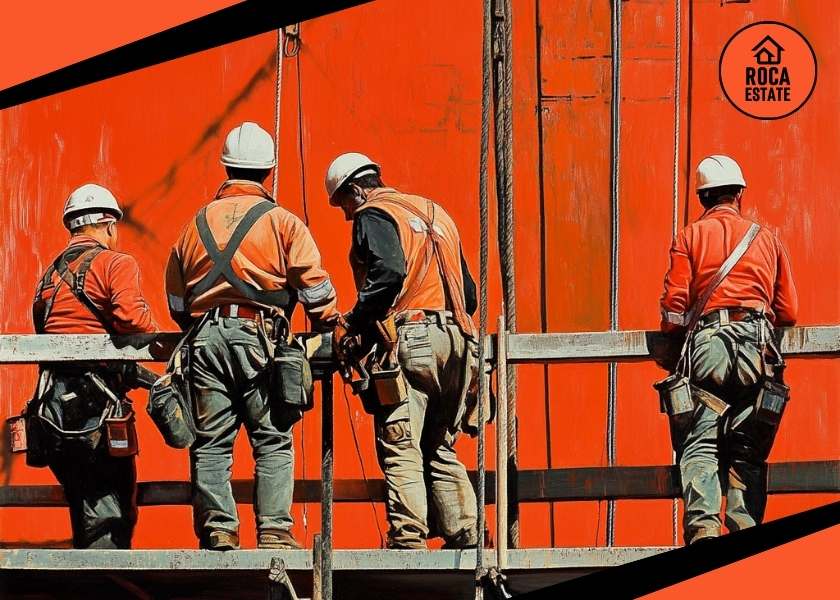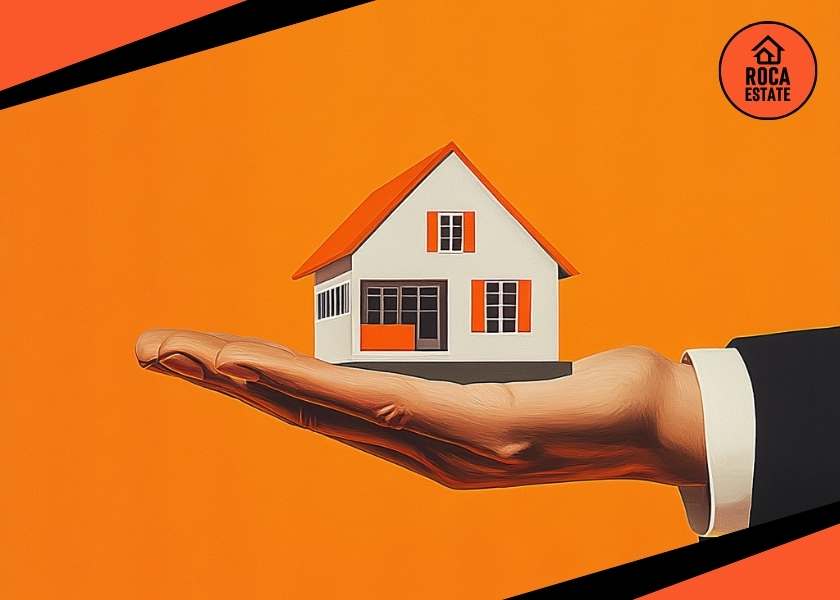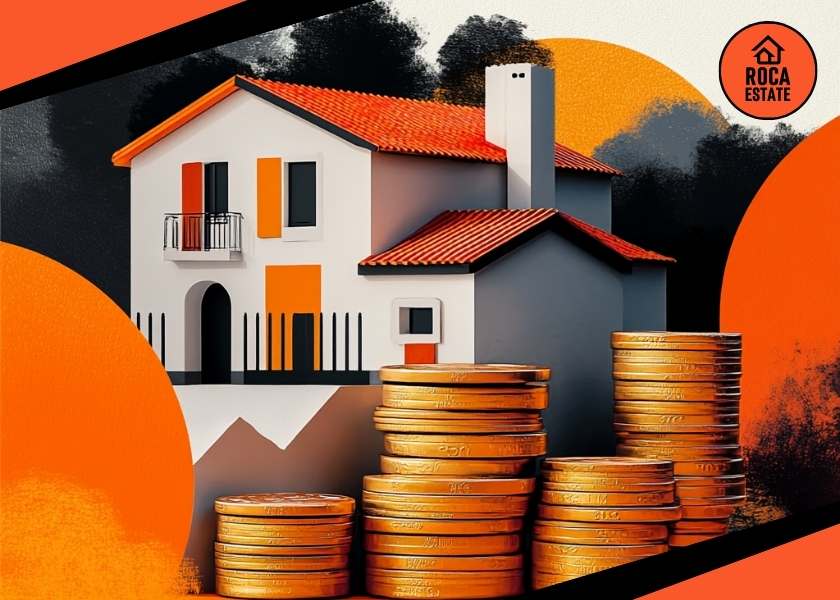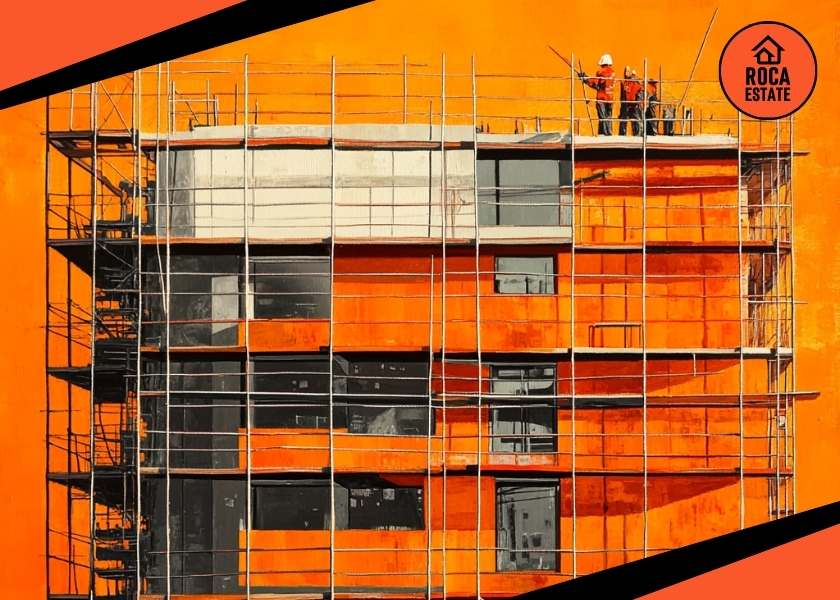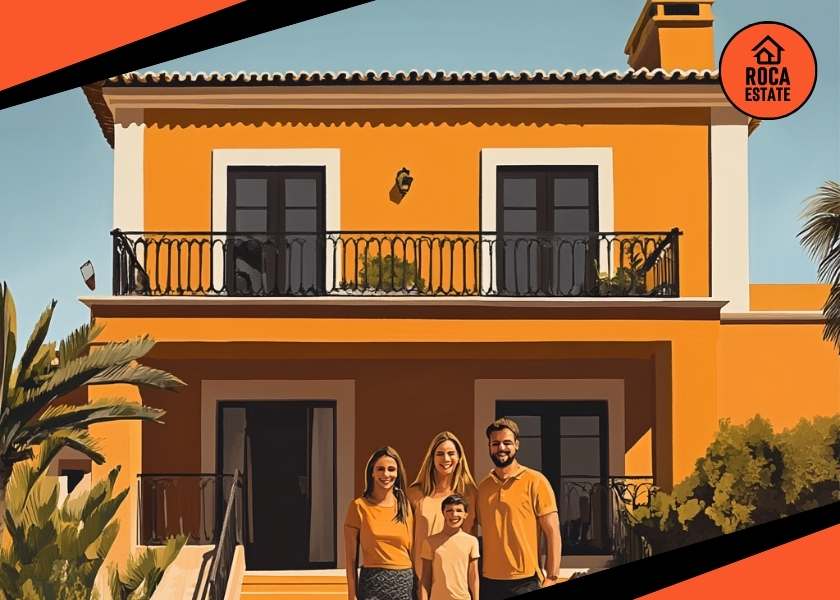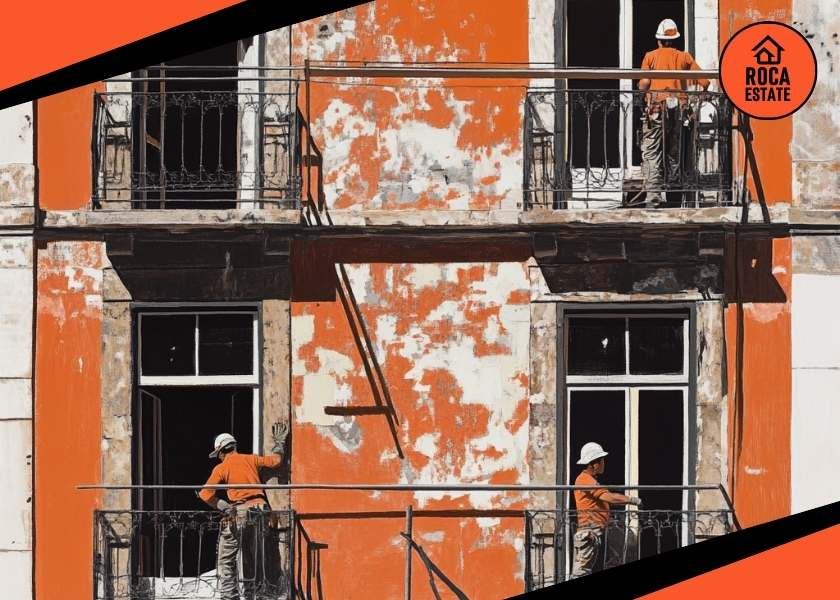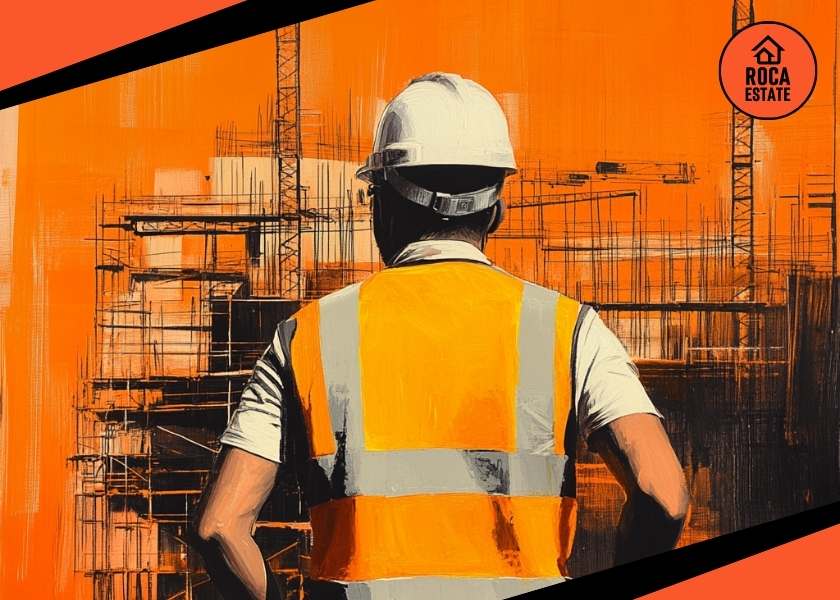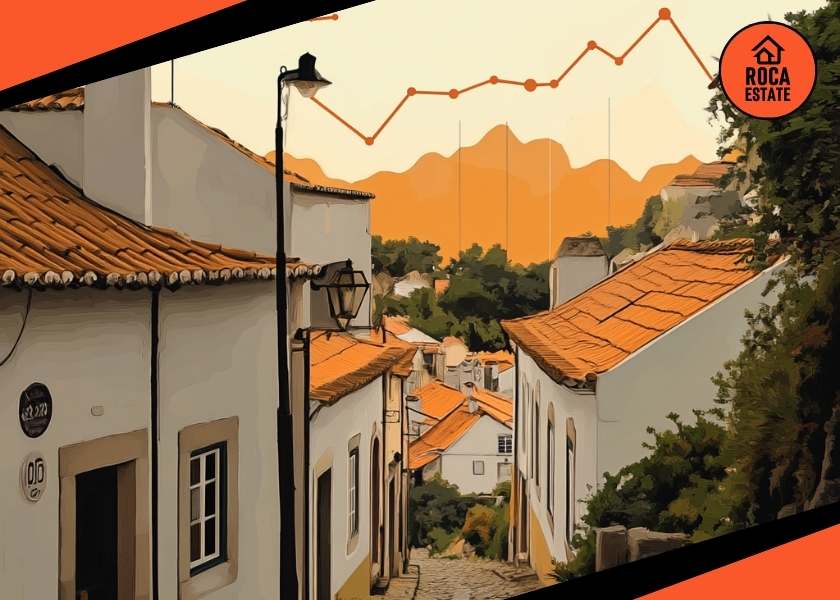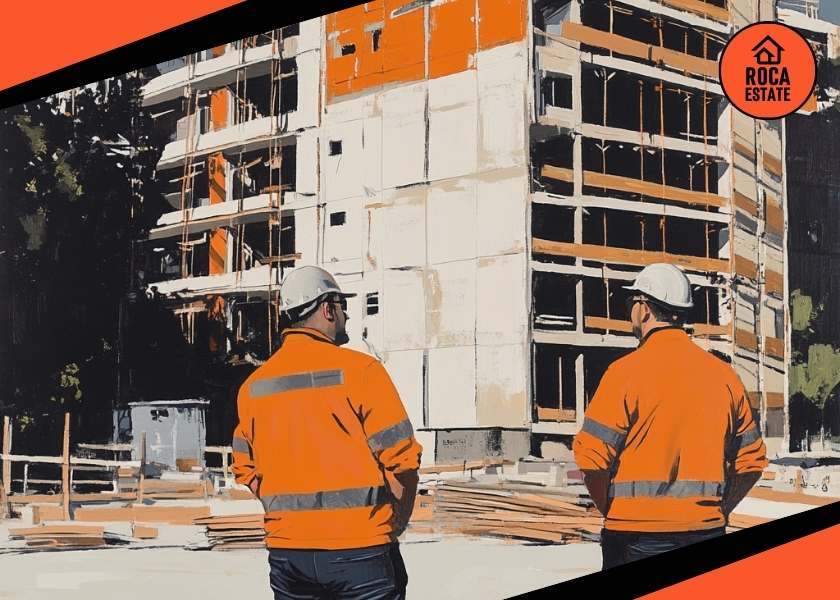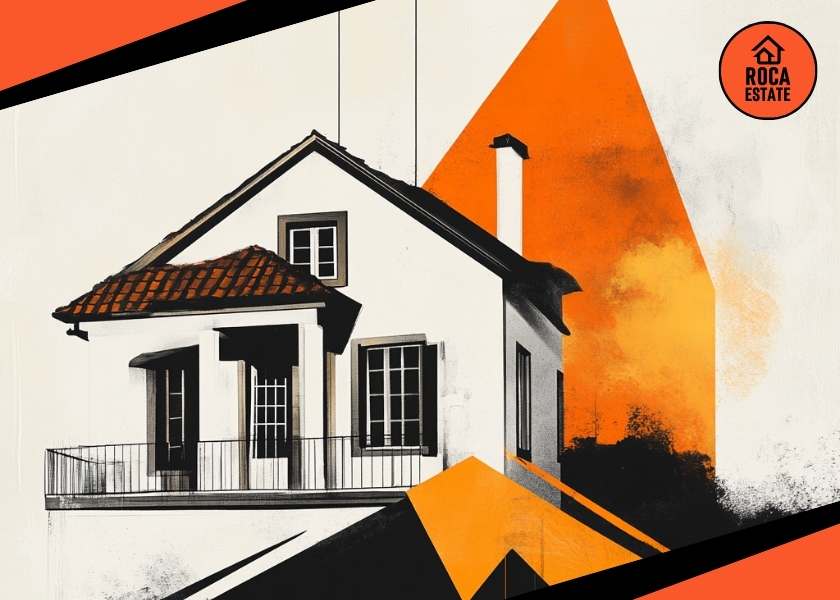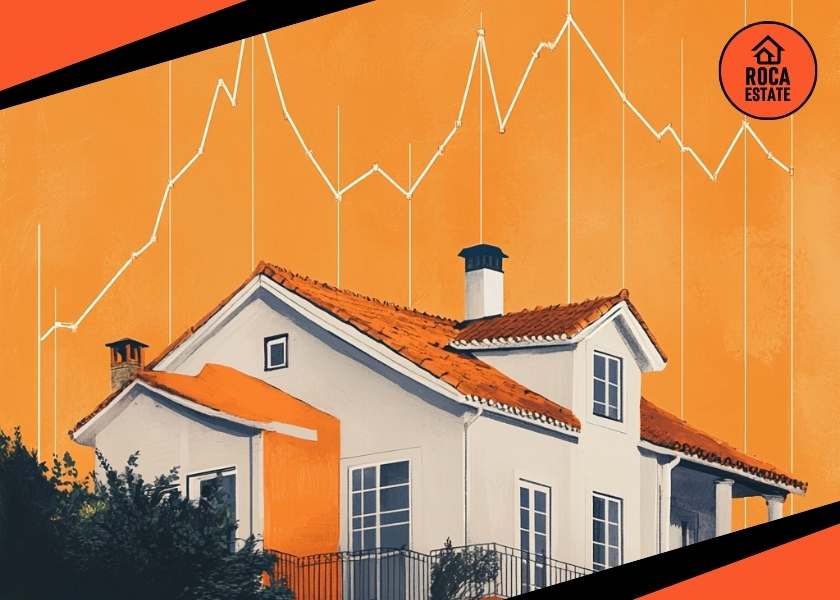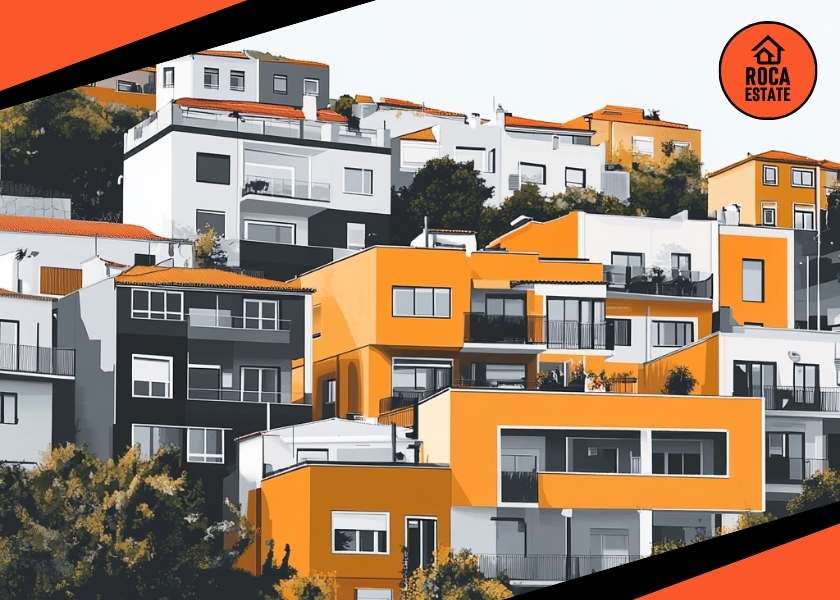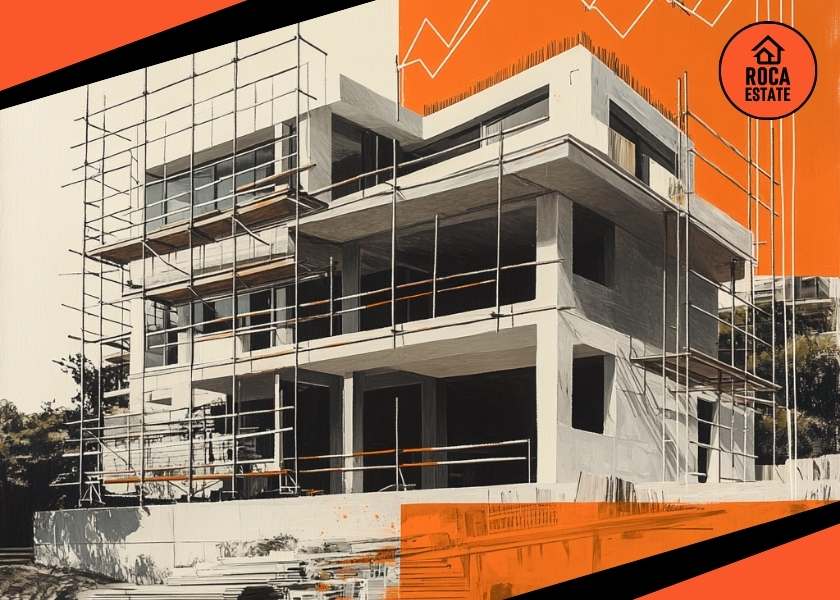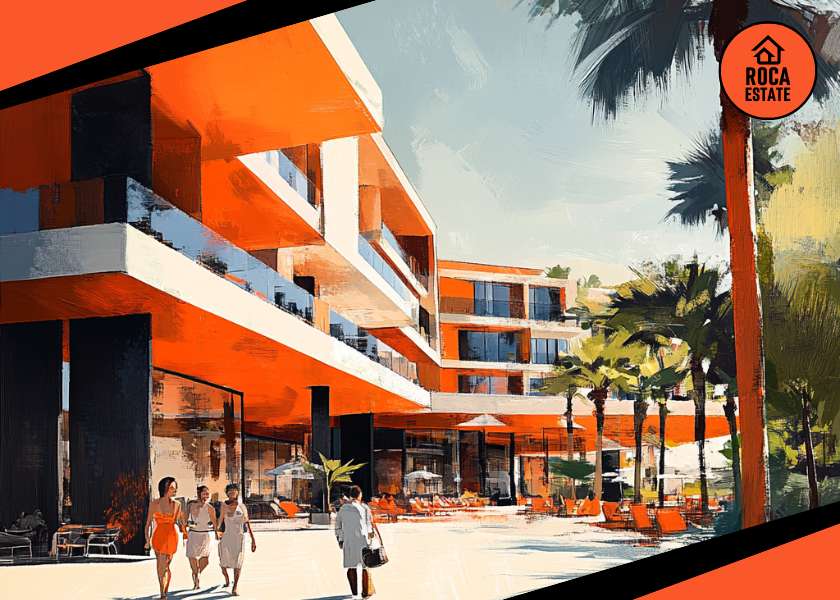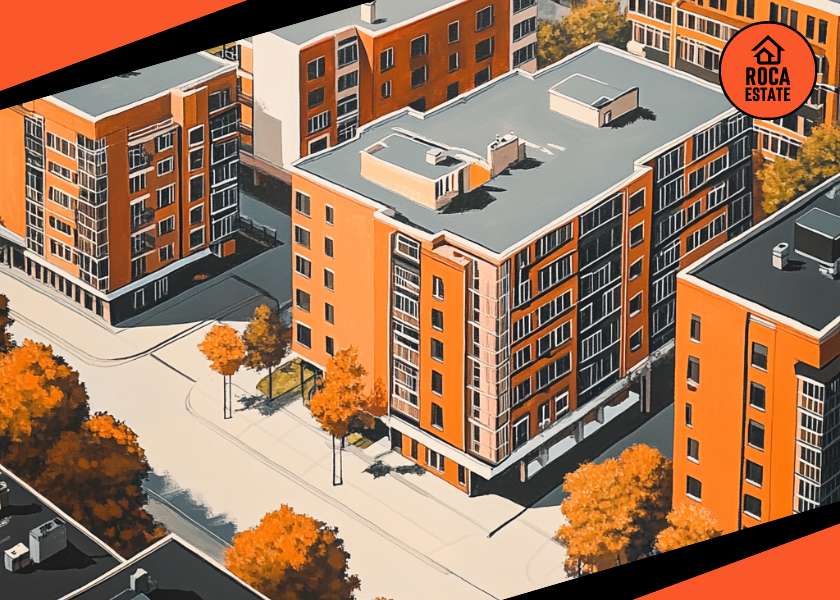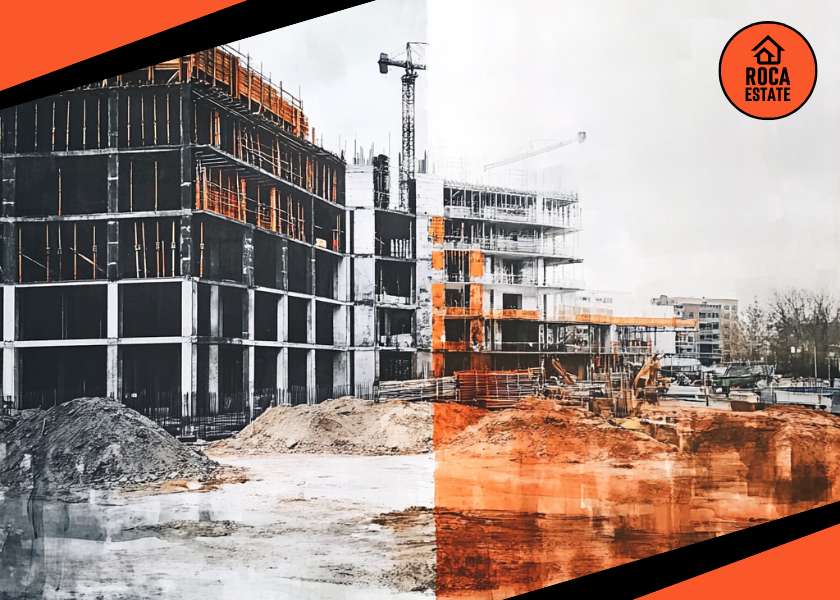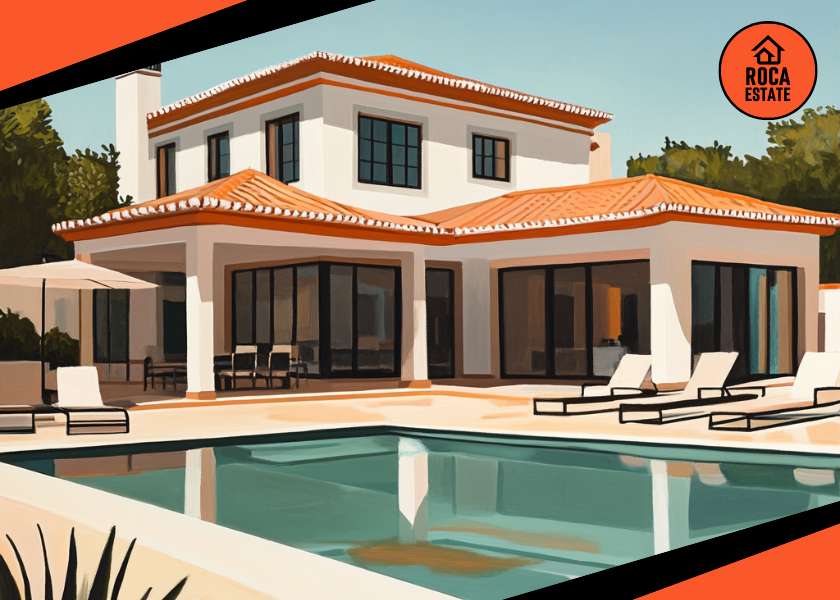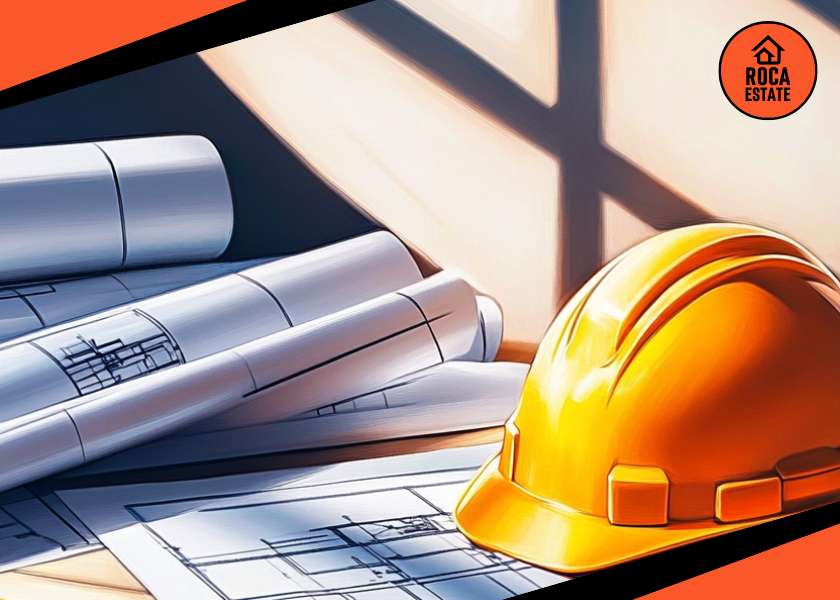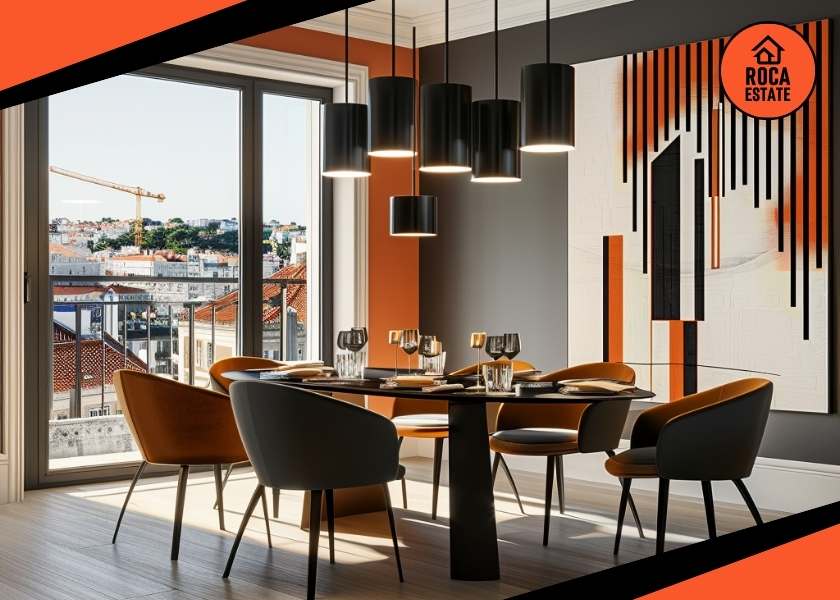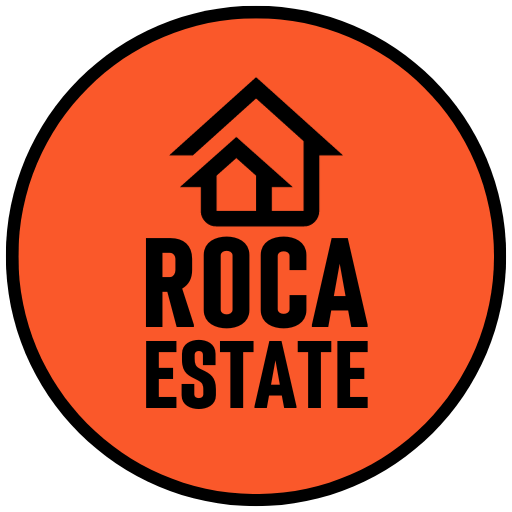Why is living in Portugal a good idea, what are the best places for that, what prices, and whether there are any disadvantages if such an idea? These are the topics we reveal in this article, and they will be especially useful to read for those thinking of living in a warm and pleasant country.
Why Portugal is a beautiful place to live?
Here we consider the reasons why you should consider living in Portugal, which may become a huge investment for your future relaxed life or just a retirement.
Extensive luxury features – for less
Portugal is full of charming beach houses, comfy city apartments, and secret mountain mansions. The best thing is that they are all less expensive than their Spanish counterparts. One of the reasons foreigners fell in love with Portugal was because of its affordable houses.
Golden visa (Reference )
Non-EU residents can use this visa to acquire real estate in the EU in exchange for full residency. This implies getting full Portuguese residence and visa-free entry to the Schengen region. All for the sake of making the home of your dreams a reality. If you want to stay, you will be able to petition for citizenship after five years.
Suitable for families and retirees
Portugal is great for retirees or holiday property buyers who want to earn more while spending less. In general, the prices of lodging, food, and life are quite inexpensive. As a result, Portugal is one of the most cost-effective destinations in Europe. Furthermore, medical treatments in Portugal are of good quality and affordable.
The best weather and beaches in Europe
Because Portugal boasts some of the greatest beaches in the Mediterranean, Condé Nast Traveler and the World Travel Accolades have recognized various beaches and given them special awards. Summers are sunny, while winters are pleasant, with cool breezes and adequate rainfall to sustain the country’s unique flora and fauna.
The beauty of Portugal’s beach scene is that you can go for a walk down the beach and stop at restaurants and pubs when you want to get away from the people.
Living in Portugal: best places to choose
Lisbon
It is one of Europe’s safest cities and home to some of the greatest public schools in the country. Lisbon boasts first-rate infrastructure. Excellent transit, reasonable pricing, and lovely beaches and parks
The Lisbon real estate market has long attracted investment from firms and people from all over the world. Even though this is not a cheap location, there is always inexpensive accommodation available outside of the city core.
Algarve
There are several alternatives for investing in real estate in the Algarve, ranging from enormous, costly mansions to smaller, more inexpensive residences. The Algarve is a popular retirement destination, particularly for visitors from the United Kingdom and the United States, with about 300 days of daylight.
The Algarve is Portugal’s finest tourist location, with the greatest weather and warmest oceans. English is widely spoken here, and this location is also considered one of the safest in Portugal. There are public and private schools in the Algarve, as well as foreign schools.
Porto
Porto is one of our favorite cities in Portugal and one of the most beautiful places to live in the country. Porto is located on the banks of the Douro River, 280 kilometers north of Lisbon. It’s a wise investment, as the city has 220 days of sunlight every year, hence the cost of living is lower than in Lisbon. The city boasts a low crime rate and excellent infrastructure, including efficient transit and clean parks. Porto has always attracted foreigners and has a sizable international community.
Alentejo
Alentejo is an excellent option for the Algarve, Porto, and Lisbon, where costs have risen dramatically. Everything you’d find in the Algarve is available in the Alentejo, but it’s better since the region isn’t overrun with tourists. The Alentejo contains the magnificent coastline of the Algarve as well as desert places where modest agricultural life is the norm.
Cascais
There is a reason why it is one of the most expensive regions in Portugal to buy a property. The hub is bustling all year, with high-quality restaurants and stores, natural beauty, a clean park, and high-quality public schools. As a result, this is the finest environment to raise a family.
Cascais is a hidden treasure if you decide to live in Portugal with significant historical value. This Portuguese Riviera city features 30 kilometers of coastline and some of the country’s top beaches. The city boasts well-funded infrastructure, such as attractive public transit, as a result of its high IMI.
What are the prices of Portuguese property?
Portugal’s real estate market is expanding. The pandemic, however, made the prices of living property in Portugal increase 6.32 percent to a median price of 1,144 euros per square meter in 2020, suggesting that the Portuguese real estate industry is constantly rising. However, it decreased significantly throughout the pandemic, and despite the large increase, it was still 11.16 percent lower than the previous year. Prices are predicted to surge after COVID-19 and then revert to pre-COVID-19 levels. Let’s take a look at how growth differs by area.
Metropolitan Lisbon: increased 5.83 percent to 1,507 euros per square meter on average.
Central Portugal: an increase of 3.87 percent to an average price of 833 euros per square meter.
Northern Portugal: up 6.54 percent to 994 euros per square meter on average.
Algarve: an increase of 7.28 percent to an average price of 1,562 euros per square meter.
Alentejo: increased 2.84 percent to 833 euros per square meter on average.
Madeira: Prices have risen 2.55 percent to an average of 1,168 euros per square meter.
Azores: up 3.41 percent to 940 euros per square meter on average.
Are there any drawbacks to owning a house in Portugal?
There are, but not many:
- the majority of homes in Portugal lack central heating;
- purchasing property in Portugal may take longer than planned. It is because of extensive bureaucracy, that is why things are delayed and sometimes ineffective.
Despite these 2 points, there are more benefits of living in Portugal, such as:
- stable investments as Portugal has a large rental market;
- it is possible to qualify for a Portuguese Golden Visa, with the option of attaining residency and citizenship after six years;
- in comparison to other European nations, Portugal has a warm climate and a low cost of living;
- the Global Finance magazine named Portugal one of the safest countries in the world in 2019;
- there are high-quality education, and healthcare services, and a large number of English speakers.
The final note
For many foreigners, the idea of moving to Portugal for a living has been a popular one. It has become the most well-known coastline in Europe. The value of Portugal’s real estate market is increasing across the country. If you qualify for a Portuguese Golden Visa, purchasing a house might provide you with permanent residency or citizenship.






